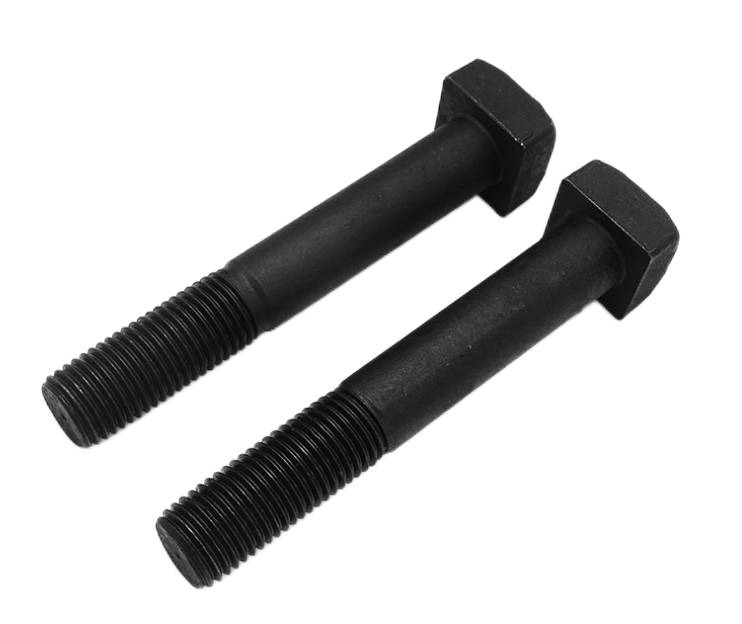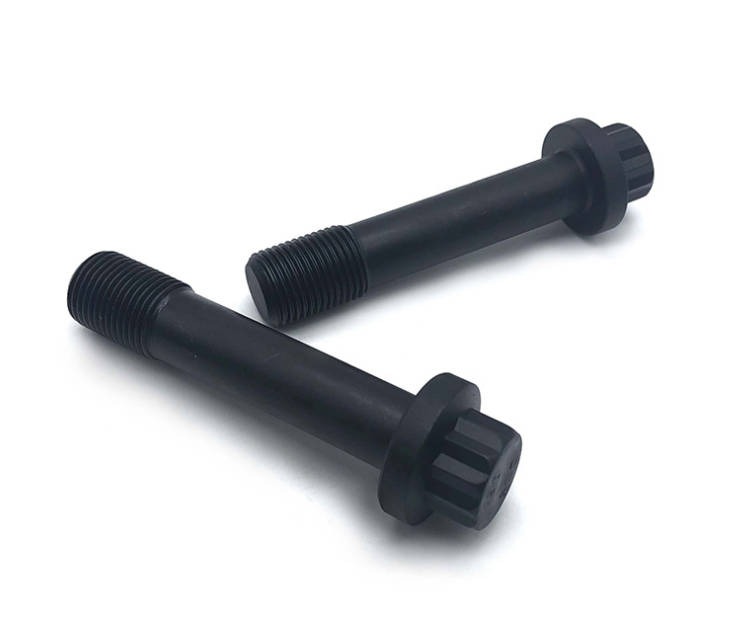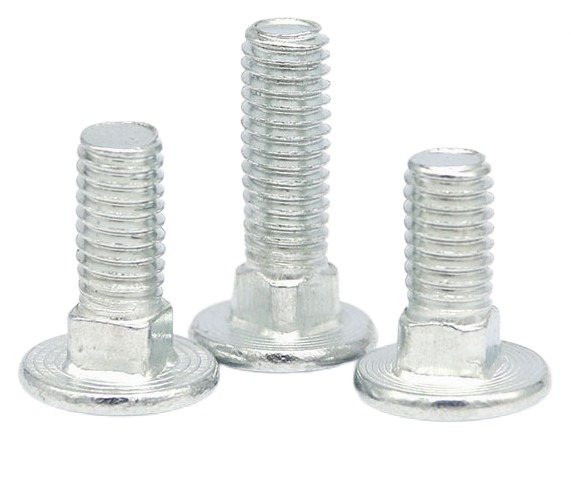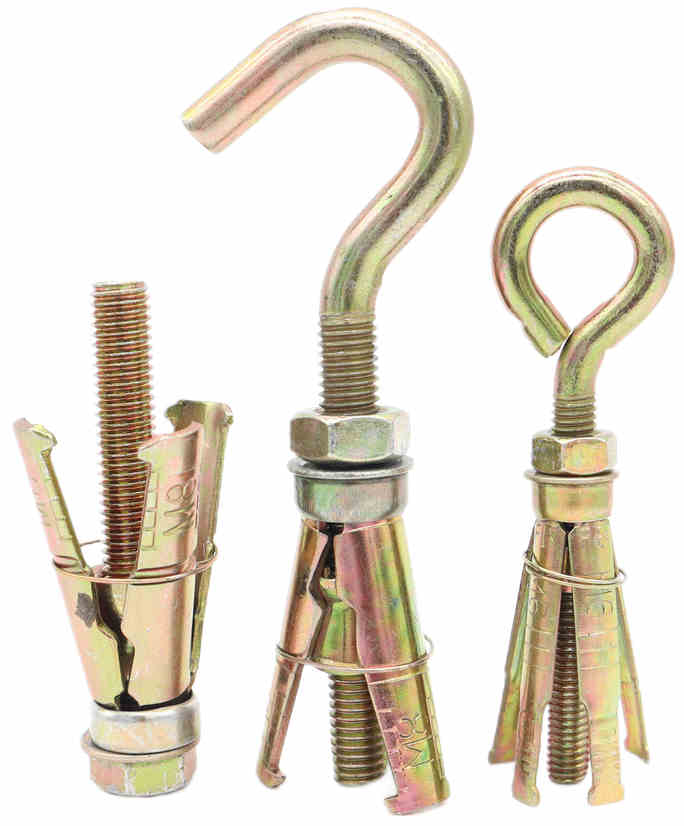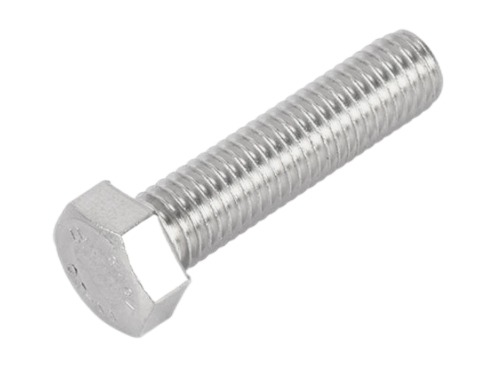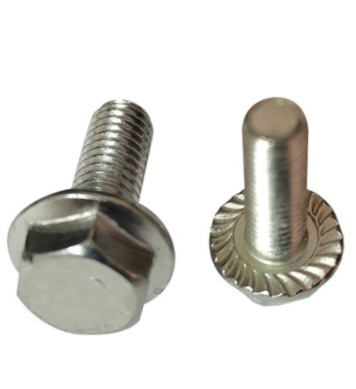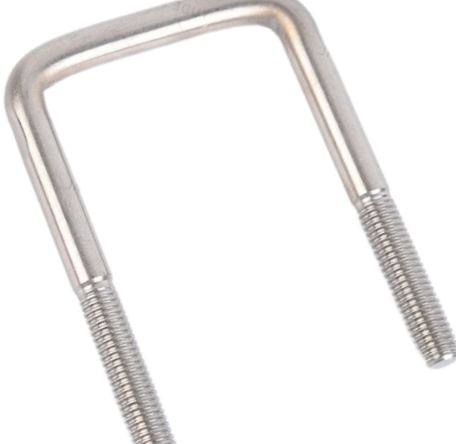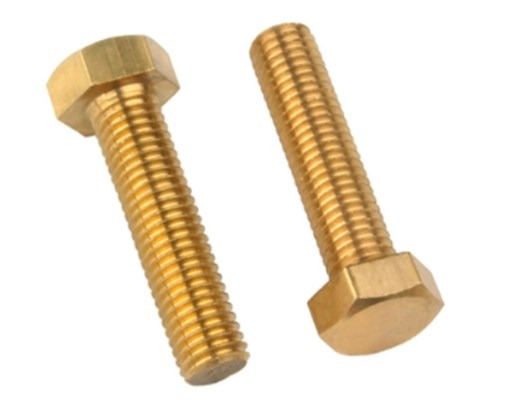How To Prevent Bolts From Rusting And Corrosion?
Anti-corrosion and anti-rust refer to various methods to apply a protective layer on the metal surface, which is used to isolate the metal from the corrosive environment to inhibit the production of the corrosion process, or to reduce the contact between the corrosive medium and the metal surface to prevent or reduce corrosion. So how to prevent bolts from rusting and corrosion? Firstly we introduce the reasons of bolts corrosion.
Why Do Bolts Corrode and Rust?
1. Environmental reasons. For example, in a humid environment, in polluted air (such as the atmosphere containing a lot of sulfides, carbon oxide, and nitrogen oxide).
2. The reason for the medium.
The surface of the material adheres to contain acids, alkalis, and salts, causing local corrosion.
The organic juice adheres to the surface, and in the presence of water and oxygen, it forms an organic acid, and the organic acid corrodes the metal surface for a long time.
3. Electrochemical corrosion. Dust or metal particles containing other metal elements are deposited on the surface of the material. In the humid air, the attachments and condensed water connect the two into a micro-battery, triggering an electrochemical reaction and destroying the protective film.

What Are the Hazards of Bolt Corrosion?
1. The appearance of the bolt will be affected when it is rusted.
2. The rust and corrosion of bolts, breakage, and looseness are very important safety hazards, which may endanger property safety.
How to Prevent Bolts from Rusting and Corroding?
Anti-corrosion and anti-rust refer to the use of various methods to apply a protective layer on the metal surface. Its function is to isolate the metal from the corrosive environment to inhibit the production of the corrosion process, or to reduce the contact between the corrosive medium and the metal surface, so as to prevent or reduce the purpose of corrosion.
Before rust prevention, the rust and dust impurities on the bolts should be cleaned first, and the protective layer should meet the following requirements:
1. Corrosion resistance, wear resistance, high hardness.
2. The structure is compact and complete and the pores are small.
3. It is firmly combined with the base metal and has good adhesion.
4. Evenly distributed and have a certain thickness.
Generally speaking, there are the following methods for the anti-rust and anti-corrosion surface treatment of bolts:
1.Plated bolts
This method is to put the fastener into a metal solution and then apply a current to cover the surface of the fastener with a layer of metal. We can choose the metal coating on the surface according to our specific needs. If required to prevent rust, the surface of the fastener can be galvanized.

2. Mechanically Plated Bolts
Mechanically plated bolts work by allowing metal particles to cold-weld the fastener, protecting some features of the fastener’s surface. Mechanical plating and electroplating work similarly. The difference is that they use different surface treatments and the results can be said to be the same.
3. Chemical heat treatment
Chemical heat treatment is a relatively common wear-resistant and anti-corrosion processing technology in production. This process is both economical and effective, and is widely used in surface treatment processes.
The chemical heat treatment process is mainly to place the steel in the active medium containing the elements to be penetrated, heat and keep warm so that the elements penetrate deep into the surface layer and change their chemical composition.
Reasonable use of chemical heat treatment can achieve the purpose of improving the wear resistance and corrosion resistance of steel parts.
4. Surface passivation
During the passivation process, the contaminants hidden on the bolts will be dissolved, and a passivation protective film will be formed on the surface of the bolts, which can protect the bolts from corrosion and corrosion. The general passivation surface treatment method is applied to electronic products.
Passivated surfaces serve two main purposes:
- Increase the hardness of fasteners
- Reduced oxidation of fasteners
When dealing with fastener surfaces, we can choose the appropriate method according to our specific situation. Surface treated fasteners can perform better in use.
How to Deal with Rust and Corrosion?
If the rust is not serious, the rusted part can be polished first and painted with rust paint.
If the corrosion is serious, it is recommended to replace it.
KENENG can ensure the high quality of products while providing a variety of bolt fasteners. We can provide you with the most suitable product by applying different surface treatments to the bolts according to your needs. You can click on KENENG’s bolt products to get our product content, if you need it, please don’t hesitate to contact us at any time.









